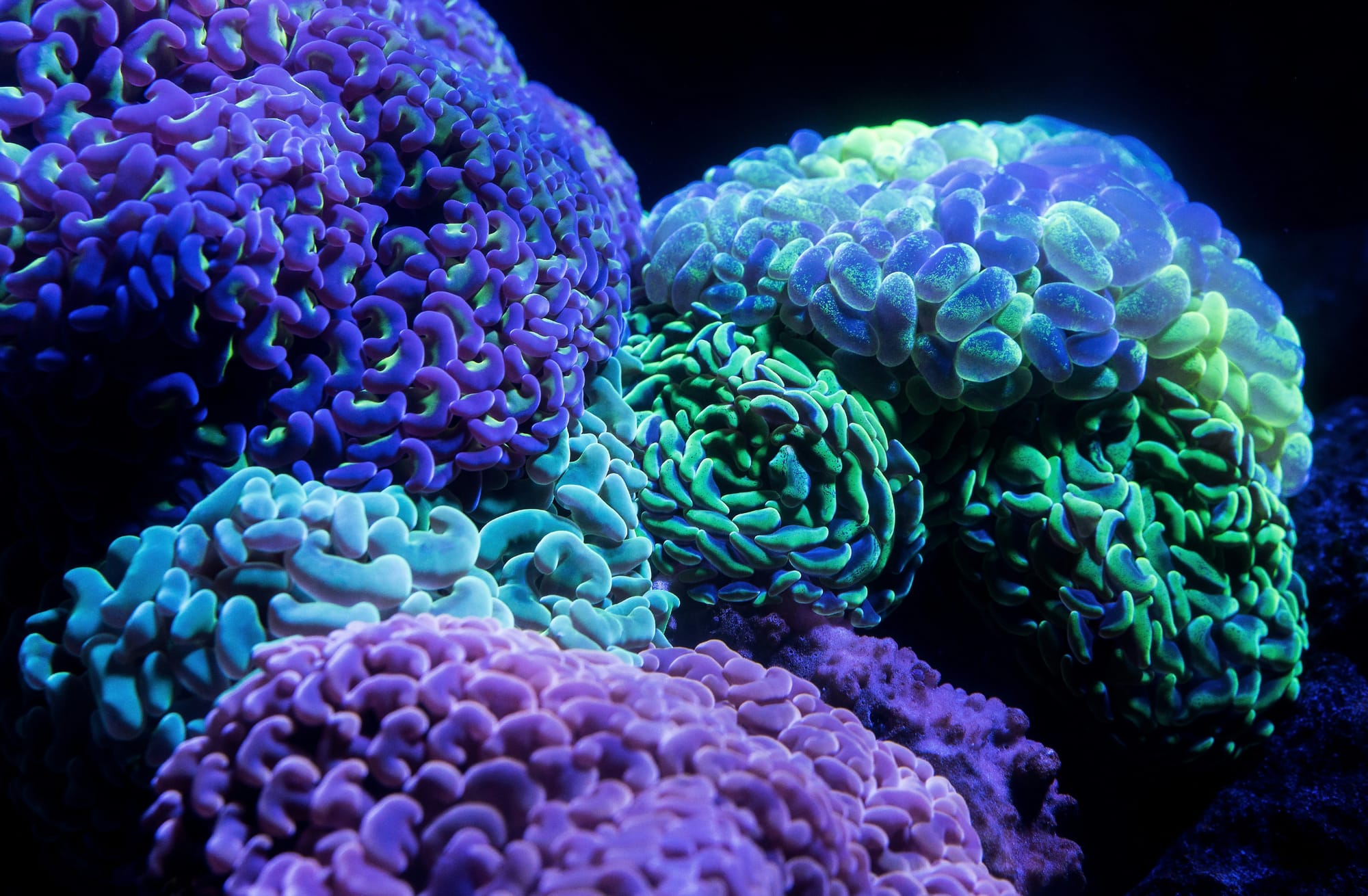This is your brain on menopause
I'm not wrong. It turns out menopause can break your brain.

Is very late-onset ADD a thing?
This morning started off how most of my weekdays do. I got both kids out the door to school and then started breakfast for myself.
But while I waited for the eggs to cook, I spontaneously decided I needed to totally reorganize our pantry then and there - breakfast foods on one shelf, condiments and dry goods on another, etc. (In my defense, the 'pantry' in our Berlin apartment is a single upper cabinet that is directly in front of my face when I'm standing at the stove.)
Needless to say, I completely forgot about the veggie scramble scorching away on the burner as I considered whether rolled oats should be stacked next to the flax seeds or the granola.
I've noticed things like this happening more and more, lately. It's beyond the usual middle-aged 'going into a room and forgetting why you went there' thing. I've been doing that for years.
It's more like any time I go to do a task, I have to force myself to just do that one thing start to finish or I will get distracted and forget - later to be confronted by the half-finished laundry or the annoyed child I was supposed to be helping with math homework. No more multitasking.
Recently, videos on TikTok talking about what it's like to live with ADHD (attention-deficit/hyperactivity disorder) are resonating with me. (I left out the 'H' above because on my best day I can only dream of being described as 'hyper' anything, certainly not active.)
That sounds like what I have. Have I always been this way and just didn't notice?
I don't think so.
And, I'm not wrong. It turns out menopause can break your brain.
"Not only can a drop in estrogen during perimenopause and menopause cause hot flashes, weight gain, and trouble sleeping, but it can also lead to new or worse symptoms of ADHD."
-WebMD: "ADHD and Menopause." Tammy Worth, medically reviewed by Dan Brennan, MD.
But, according to neuroscientist Lisa Mosconi, director of the Women's Brain Initiative at Weill Cornell Medicine in New York City, it's not so much damaging our brains as it is re-shaping them for a different stage of life.

"Menopause is the third of the three P’s — these three phases that the female brain goes through in life — which are puberty, pregnancy and perimenopause… And those three phases are seen very differently culturally and in society, but from a neurological perspective, from a brain perspective, they have a lot in common,” Mosconi explained to CNN's Sanjay Gupta, noting that they all involve big changes in the brain, not just the body.
"“And all three phases come with vulnerability — there are a lot of unpleasant symptoms that can arise due to menopause — but also with resilience. And I think the resilience aspect has been completely overlooked in medicine, in science and certainly in culture,” Mosconi said.
So, how do I get to that resilience part instead of so much of the 'unpleasant symptoms' part? Is there a supplement I can take?
Would Cuban coffee work for this?
I have followed Houston OBGYN and women's health specialist Mary Claire Haver, MD, for a couple of years now. And she has long advocated for hormone-replacement therapy (HCT) in addition to dietary and lifestyle changes to help women transition through the menopause.
This is what she recommends:
"For people born female, aging includes menopause transition – and the linkage of the decline in estrogen and progesterone have profound effects on the changes in our brain. It is important to take care of the brain as you would the other organs, bones, and tissues."
Here are some lifestyle habits that can support our brain health.
Sleep (aim for 7 to 9 hour per night)
Diet high in omega- 3, fiber, amino acids and other anti-inflammatory foods
Intermittent fasting
Regulation of stress (meditation, journaling)
Engagement in activities that bring our brains stimulation: reading, etc
Hormone therapy (if you are a candidate)
Exercise and physical activity
- The Pause Life: "Menopause, Memory, and Mental Health" Mary Claire Haver, MD.
I am planning on tackling all of these, though I anticipate the HRT being a tough sell to my Berlin doctor - German doctors being notoriously reluctant to prescribe medication.
I'm also going to do more reading about physical and mental changes associated with menopause. I honestly had only been thinking about it in terms of managing the cascade of symptoms - sleep disturbance, occasional hot flashes, weight gain.
It had not really occurred to me that I should be taking a more holistic approach and also considering the effects of such a big hormonal shift on my long-term health and wellbeing.
I'll update later with what I learn - (if I remember!).




